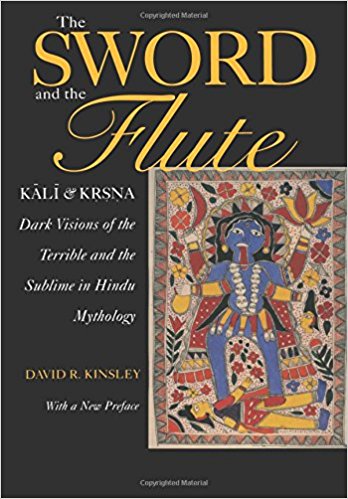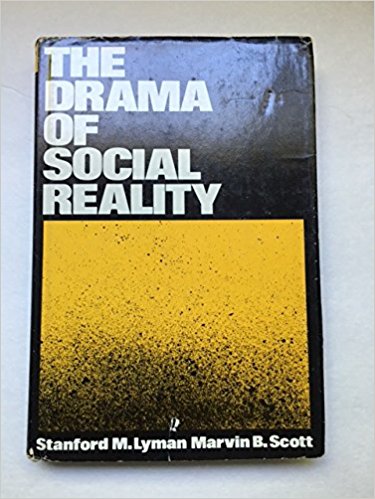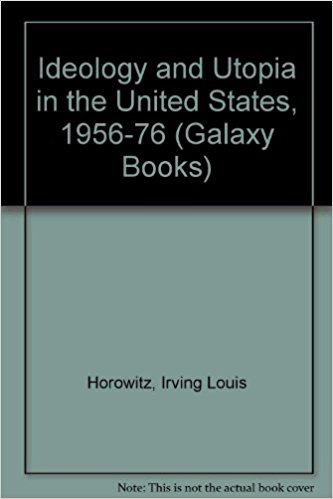Monika Verma is at least prolific, if these two books, published within a year of each other and averaging over twenty-five poems are any indication. Some of the other poets considered here are even more so. That this is of no great importance should be evident…
Archives
Nov-Dec 1977 . VOLUME 2, NUMBER 6The reviewer doubly regrets his inordinate delay in preparing this note. For one thing, both books are to be welcomed as examples of an increasing flow of responsible, illuminating, especially region-specific studies coming now from a broadening array of India’s applied social science institutions. This fanning out of good work among…
This book is yet another contribution of Professor Daya Krishna to theoretical perspectives on social sciences. Daya Krishna takes up for treatment a much discussed and thrashed-out issue in political science—the concept of political development. This is a concept that has provided considerable stimulation to many social scientists to think and write…
David Kinsley says in his preface that he came to Calcutta to undertake research on the Bengal Vaishnavas—‘and it was with some eagerness that I anticipated seeing Krsna expressing himself in a cultic context’. Then he tells us about the tumultuous celebrations of Durga Puja he saw, finally how ‘in the rear…
When, during the first half of this century, art surrendered to a revivalist ethos because a subject people had to cling to memories of past greatness to forget their current humiliation, art criticism mostly amounted to singing the greatness of the legend, poetry or epoch of which the paintings were illustrations…
The thesis this book presents is based on Jaques’s speech in As You Like it, ‘All the world’s a stage’, which postulates the view that human beings in a social context are like actors in a play performing their parts, filling out their roles. ‘Otherwise put, reality is a drama, life is theatre, and the social world is inherently dramatic’…
The international trade in arms has reached alarming proportions. Some $5 billion worth of military equipment has been transferred to Third World countries each year during this decade. The trade is unlikely to reduce, since the fervent desire of the arms-producing countries to sell is matched by the eagerness…
Hiren Mukerjee is a queer bird. I am tempted to use the phrase, with its P.G. Wodehouse flavour, because he might well have used it to describe himself. It suits his evocative, metaphorical, often devastatingly penetrating, if somewhat dated, literary style. It also fits a personality who for 25 years…
This fat book is really a rag-bag. It consists of the papers presented to a series of seminars held over two years, from 1972 to 1974, by the School of Oriental and African Studies in the University of London. The theme was leadership, but the word was interpreted so widely as to mean almost anything…
Ideology and Utopia in the United States in 1956-1976 represents the writings of Irving Louis Horowitz over a period of twenty years. Consequently, topics discussed in the book range from the Politics of Assassination to the Revolution of Falling Expectations. It is true that the author has tried to give a semblance of organization…
This is a book by a professional as opposed to an armchair planner. The title of the book is suggestive, as is the beginning. ‘Two roads diverged in a wood and I took the one less travelled by’, (Frost), raising expectations that fresh insights would be provided regarding the future course of regional as also urban planning in India…
I have rarely been so impressed by a piece of writing on hard, practical, economic problems written in the language (as Mr. Jha puts it) of laymen, as by this little book, especially because there are some major items over which I disagree with the author. Mr. Jha has been in the centre of things for well over two decades now…
‘The emphasis in choosing the readings in this volume has been on articles using the tools of analytical economics to deal with problems which have policy implications and articles which deal directly with the appraisal of economic policies adopted by the Government of India during the years of planned economic development…







